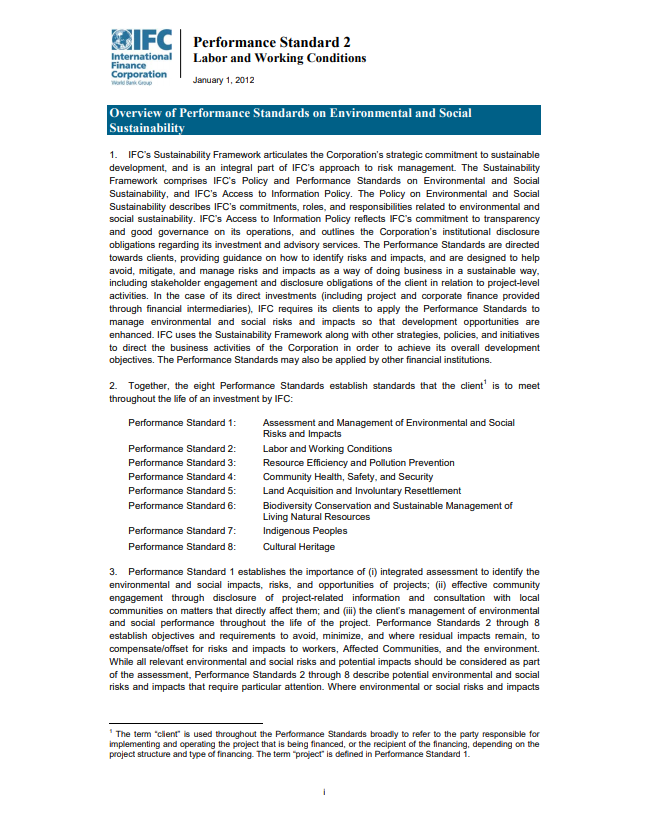CORE Labour Standards Handbook
Standards & Codes of ConductThe handbook gives some basic information on international core labour standards (CLS), and looks at ways in which they can be incorporated into ADB activities.
For any business, its workforce is its most valuable asset. A sound worker-management relationship is key to the success of any enterprise. PS2 asks that companies treat their workers fairly, provide safe and healthy working conditions, avoid the use of child or forced labour, and identify risks in their primary supply chain.

The handbook gives some basic information on international core labour standards (CLS), and looks at ways in which they can be incorporated into ADB activities.
This 2020 Statement on Efforts to Combat Human Trafficking and Slavery in Our Business and Supply Chains (the “Statement”) reflects Apple’s progress during 2020 and ongoing efforts to identify, mitigate, prevent, and remedy human trafficking, ...Read More
This Statement, made pursuant to Section 54 of the UK Modern Slavery Act 2015 (taking into account the Guidance issued by the UK Government on 20 April 2020 on modern slavery reporting during the COVID-19 pandemic), Section 14 of the Australia Moder...Read More
The fallout of the COVID-19 pandemic is having profound impacts on society and the economy, and it will also influence and shape organized crime and illicit markets. The institutional response to the pandemic and the consequent reshaping of socio-ec...Read More